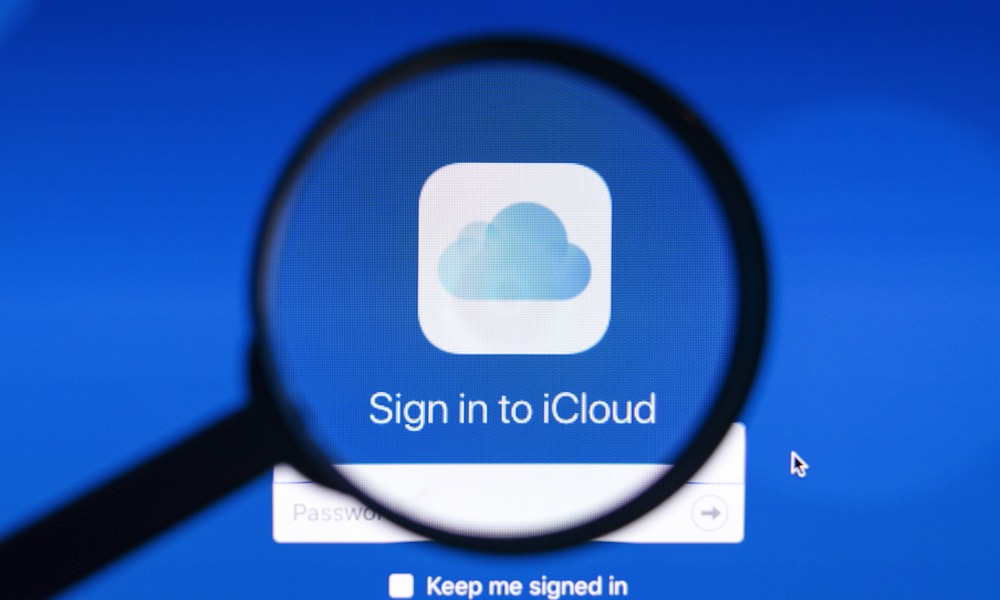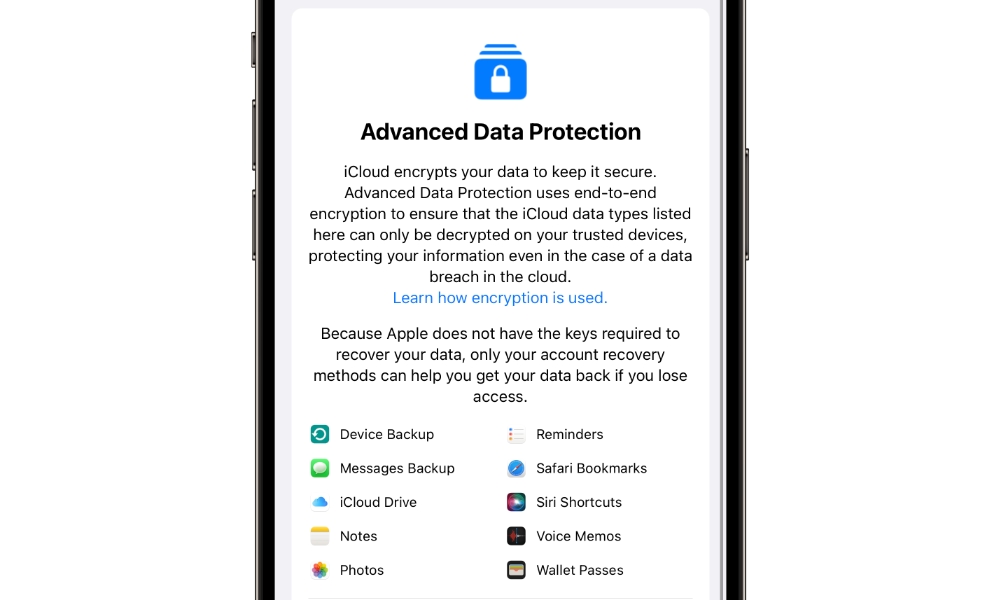How iCloud Helped Expose an NBA-Linked Mob Poker Scheme
 Big Tuna Online / Shutterstock
Big Tuna Online / Shutterstock
Toggle Dark Mode
Evidence recovered from iCloud accounts was instrumental in helping investigators uncover a multistate poker-rigging scheme tied to organized crime and at least two former NBA players. The recently exposed racket involved card-cheating technology allegedly used by NYC mafiosos to cheat victims out of millions in a years-long poker scheme that enlisted former NBA players and coaches to lure victims into the scam.
The scheme used rigged card-shuffling machines and other unfair advantages, such as X-ray poker tables, to rig high-stakes poker games across state lines.
According to Bloomberg, the federal indictment included images recovered from defendants’ iCloud accounts that showed equipment used in the scam, including X-ray images of poker tables, photos of disassembled DeckMate shuffling machines showing their circuit boards, and even a computer program that tracked information from the altered machines. While the publicly released 22-page indictment posted on the Justice Department website contains only text and makes no mention of iCloud, Bloomberg and other outlets likely received additional evidentiary material through DOJ press packages or more detailed court filings.
The Bloomberg report also shared text conversations released by authorities, showing discussions among the bad actors on how to manage player suspicion during card games. One text exchange saw a member warning other chat participants about “unlikely winning streaks” and suggesting intentionally losing on occasion to avoid suspicion.
How iCloud Became the Weak Link
The bad actors in this scheme may have believed that using Apple devices and iCloud storage would make the information stored there safe from investigators. However, while Apple will not help the cops unlock a user’s iPhone because it’s not possible, it can turn over your iCloud data to law enforcement when served with a lawful order, such as a search warrant or a subpoena — a policy outlined in its Apple Platform Security guide.
Investigators haven’t clarified exactly how the iCloud evidence was obtained — whether the images were pulled from the defendants’ photo libraries, message attachments, or broader device backups. What’s clear is that once data is stored in iCloud, it’s generally accessible to Apple under lawful subpoena unless the user has enabled Advanced Data Protection.
When this setting is enabled, nearly all iCloud data — including Photos, Notes, and full device backups — is protected by end-to-end encryption, meaning even Apple can’t access it. Without ADP, only the most sensitive categories of data — such as passwords, health data, payment information, Journal entries, and Messages — are fully end-to-end encrypted. Everything else is encrypted in transit and on Apple’s servers, but Apple retains the keys. This allows Apple to help users restore their data if they lose their credentials, but it also means it can provide that data to investigators when served with a court order.
However, while Messages stored in iCloud use end-to-end encryption either way, there’s a loophole here: if a user has turned on iCloud Backup, the key used to encrypt Messages in iCloud is backed up to iCloud. This allows a user to recover their messages even if they lose access to their trusted devices, but it also means Apple can and will provide this key to law enforcement when they come knocking with a subpoena or warrant.
The good news is that if iCloud Backup is turned off, a new encryption key is generated to protect future messages. This key isn’t stored by Apple unless you turn iCloud Backup back on.
Dozens Indicted Across the US
So far, the FBI has arrested 31 people involved in the scam. Among those indicted are 13 reputed members of organized crime families — including Angelo Ruggiero Jr., son of late Gambino captain Angelo “Quack Quack” Ruggiero Sr. — along with two professional poker players and two former NBA players: current Portland Trail Blazers coach Chauncey Billups and former player Dee “Jones” Jones.
The New York Post reported that much of the technology used in the scheme is easily obtainable online. A quick Google search for “X-Ray poker table” shows numerous companies selling equipment nearly identical to what mobsters allegedly used in this gambling con. These include ordinary-looking poker tables secretly equipped with LEDs that can penetrate the felt, read playing cards on the surface, and wirelessly send those X-ray images to phones or monitors for analysis. These custom-built tables are made to order, with pricing available only on request.
Other technology described in the indictment included rigged poker chip trays that could read cards, as well as “decoy” cellphones that could perform the same task.
Ultimately, this highlights how even as criminals devise more sophisticated scams, everyday technologies like iCloud can still be central to uncovering their schemes.









